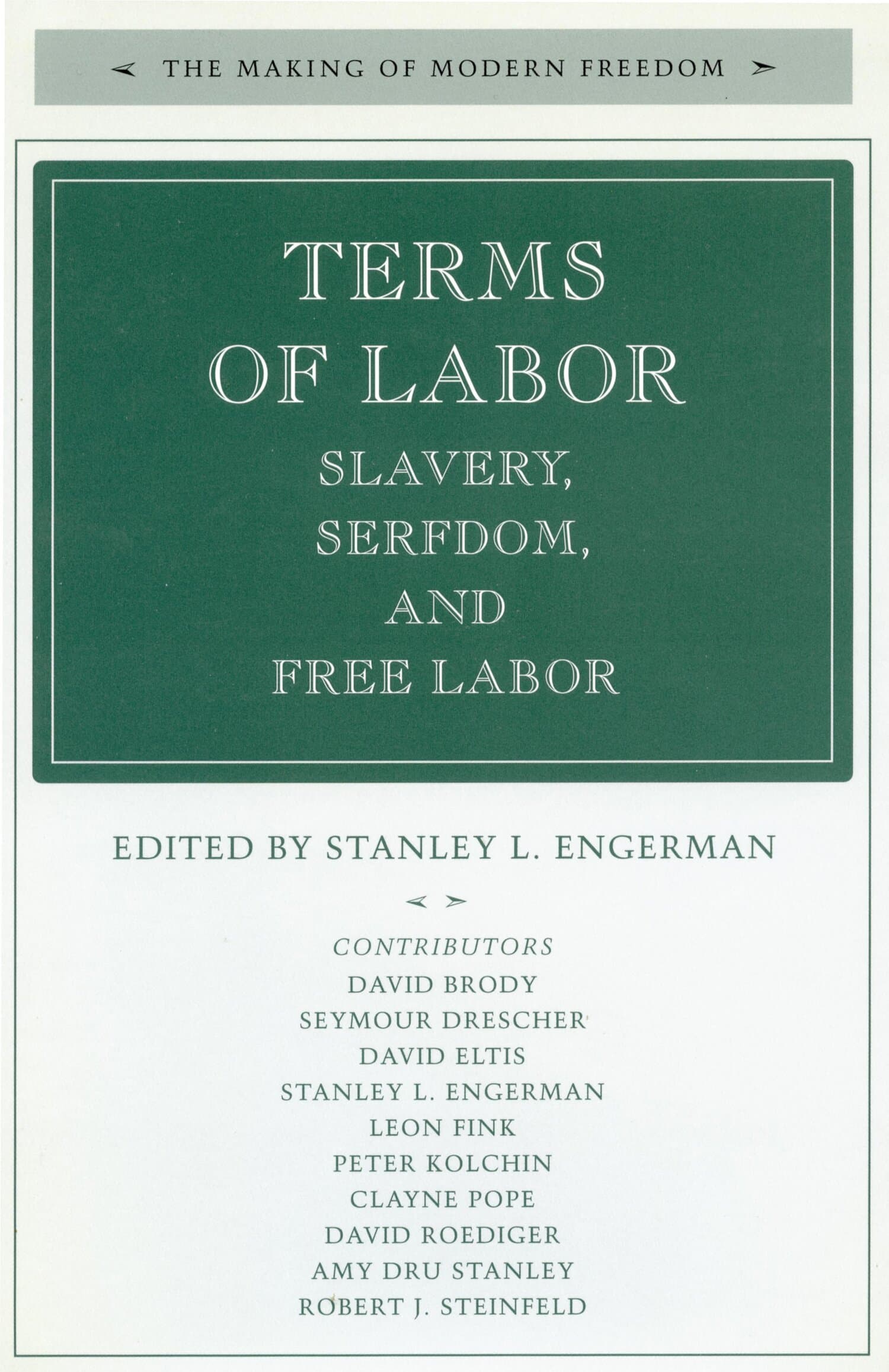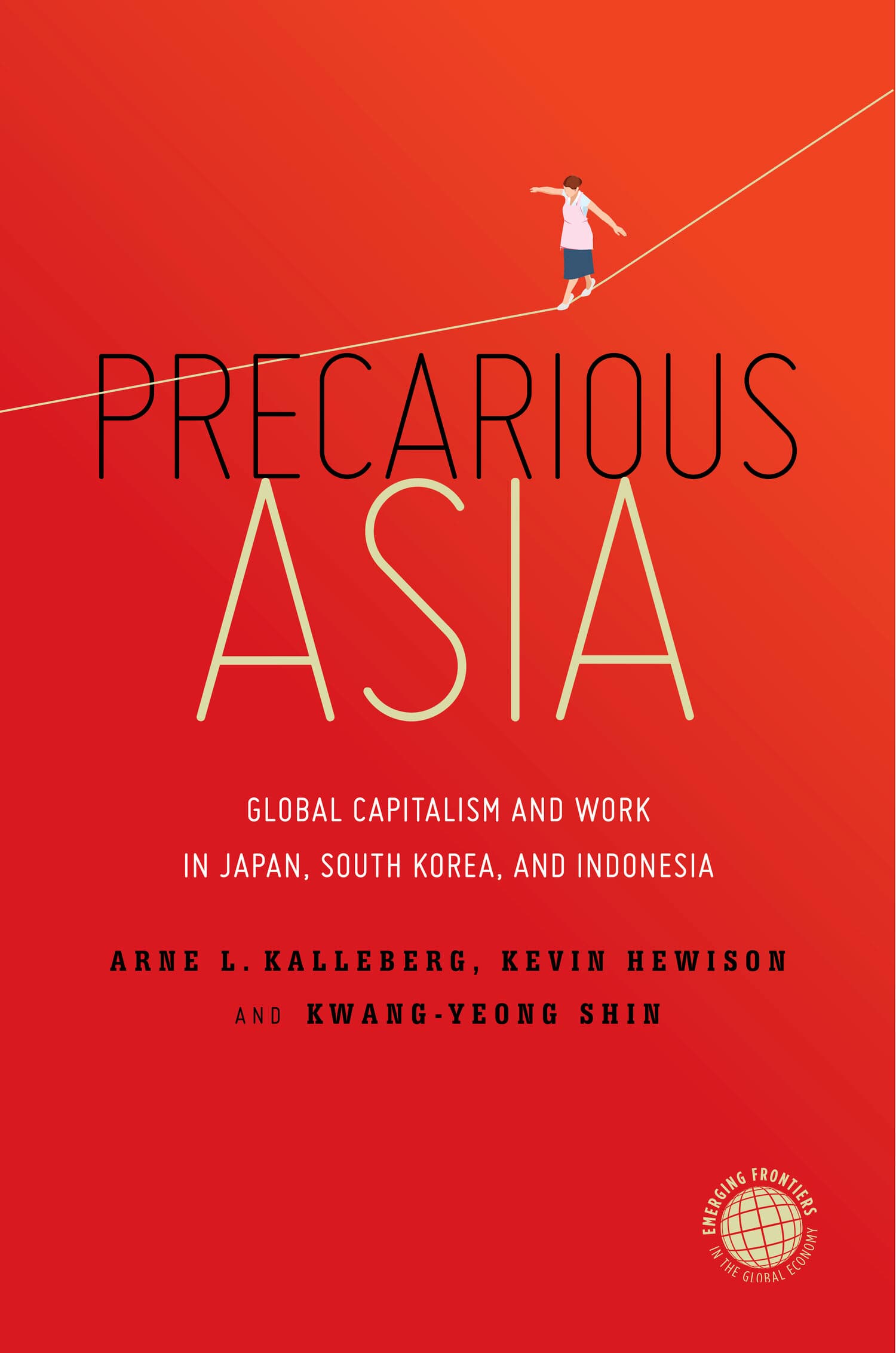The Labor of Hope

Technological advancements, expanding education, and unfettered capitalism have encouraged many around the world to aspire to better lives, even as declines in employment and widening inequality are pushing more and more people into insecurity and hardship. In Egypt, a generation of young men desire fulfilling employment, meaningful relationships, and secure family life, yet find few paths to achieve this. The Labor of Hope follows these educated but underemployed men as they struggle to establish careers and build satisfying lives. In so doing, this book reveals the lived contradiction at the heart of capitalist systems—the expansive dreams they encourage and the precarious lives they produce.
Harry Pettit follows young men as they engage a booming training, recruitment, and entrepreneurship industry that sells the cruel meritocratic promise that a good life is realizable for all. He considers the various ways individuals cultivate distraction and hope for future mobility: education, migration, consumption, and prayer. These hope-filled practices are a form of emotional labor for young men, placing responsibility on the individual rather than structural issues in Egypt's economy. Illuminating this emotional labor, Pettit shows how the capitalist economy continues to capture the attention of the very people harmed by it.
"The Labor of Hope is an amazing ethnography of capitalist dreams that motivate Egyptians of modest means to strive for success—a success largely denied by inequalities that push people towards precarious service work. Harry Pettit reveals what happens when you're inspired to be the next Steve Jobs, but the labor market wants you for the call center."—Samuli Schielke, Leibniz-Zentrum Moderner Orient,author ofMigrant Dreams
"The Labor of Hope brings into sharp focus the emotive work undertaken by slipping middle classes as they endure the many indignities and compromised life-trajectories of a polarized labor market. Harry Pettit offers a penetrating analysis of the affective labor that underpins contemporary capitalism marked by steepening inequalities."—Bruce O'Neill, Saint Louis University, author of The Space of Boredom
"Recommended."—A. Rassam, CHOICE
"In his book The Labor of Hope: Meritocracy and Precarity in Egypt, Harry Pettit invites us to think differently about youth in Egypt and the Middle East. To Pettit, how these young people maintain hope is the more interesting question, not the banal description of their hardships, limited opportunities, and frustrations."—Ghada Barsoum, American Journal of Sociology




